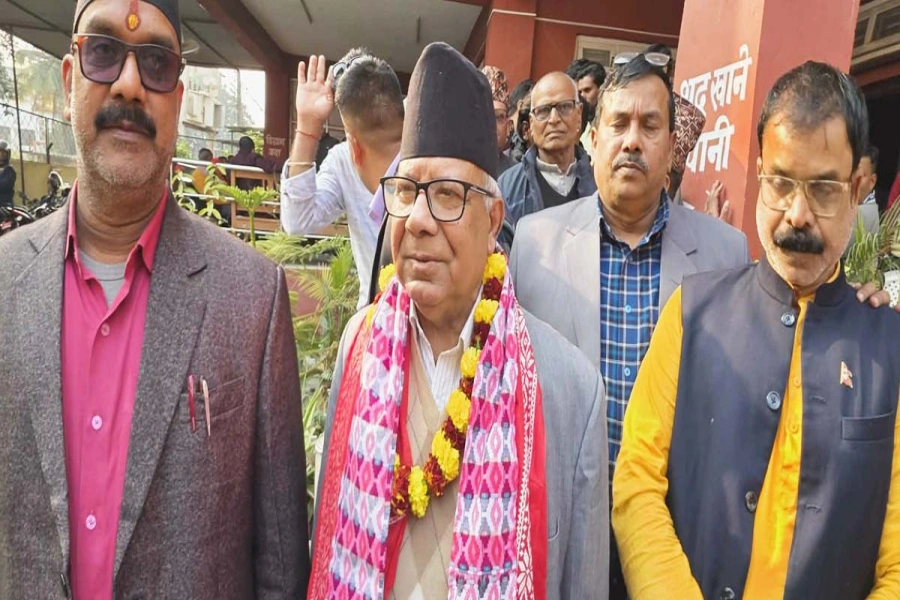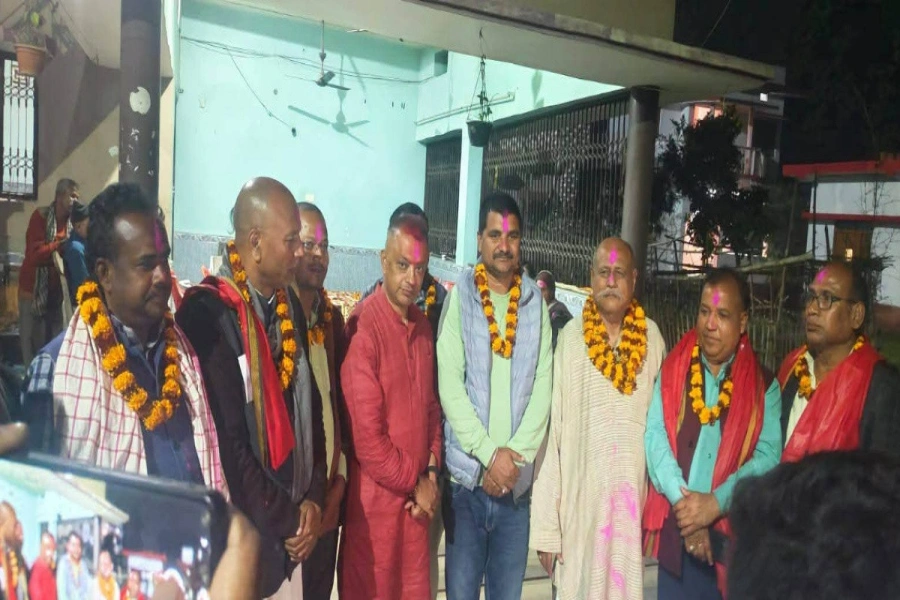KATHMANDU, Aug 22: Amid criticism from various quarters that the newly enacted Muluki Codes contain regressive provisions against press freedom, the government has come up with yet another piece of legislation with stricter provisions on collection and publication of information on individuals, including public office bearers.
The government registered a Bill on Personal Privacy at the parliament secretariat on Tuesday, barring individuals including journalists from seeking personal information including on public office bearers, and commenting on their background or character.
Though the bill was registered purportedly to implement the fundamental rights enshrined in the constitution, experts have said that many of its provisions will make the reporting and publication of news hard for journalists.
“I had gone through the draft of the bill which has some provisions that could curtail media freedom. The bill should be amended prior to its endorsement from parliament,” said legal expert Ram Krishna Timilsina.
Assessing privacy law

Experts have also said that the law should differentiate public office bearers and include flexibility on their privacy issues with the concerns of the masses in mind.
The bill has defined one’s physical body, family, residence, property, documents and records, data, letters, email, character and other matters pertaining to a person as private. Provisions in the bill bar the taking of pictures of any individual if such pictures would harm the character and social prestige of the individual, even if the individual is a public office bearer or a convict.
Likewise, the bill bars the making of any comments about the character and conduct of any individual even if the individual is a public office bearer. Provisions in the bill have also barred one from collecting, storing and analyzing the personal information of any individual without prior consent from that individual.
The proposed bill only allows the collection of personal information of public office bearers such as name, position, office address, contracts and responsibilities. Also, collection and publication of information about affiliation to a political party, religious faith or property status about any individual including public office bearers and politicians is restricted .
The bill has proposed up to three years jail or a Rs 30,000 fine or both for offenders. Likewise, the bill has proposed that any individual can file case at a district court demanding compensation for breach of personal privacy rights.
IFJ demands amendments to Criminal Codes
KATHMANDU, Aug 22: The International Federation of Journalists (IFJ) and its affiliates, the Federation of Nepali Journalists (FNJ) and Nepal Press Union (NPU), have expressed serious concern over some restrictive provisions in Nepal’s new Criminal Code Act 2018, which curtail freedom of expression and the press.
They have demanded immediate amendments to the Act.
The new Act along with the Civil Codes Act 2018 became law on August 17, 2018, replacing 15 laws including some 55 years old civil and criminal laws. Some provisions of the Act, especially Sections 293 to 308 relating to privacy and defamation, are restrictive of press freedom and criminalize expression.
Section 293 prohibits listening to or recording of conversations without consent, Section 294 prohibits publicizing private information without consent; Section 295 prohibits taking photos without consent;
Section 296 prohibits selling or publishing of photos for commercial purposes without the consent of the subjects of the photographs;
Section 298 prohibits receiving or sending or publishing unauthorized information on electronic media; Section 305 prohibits slander; and Section 306 prohibits libel, including in a satirical mode. Violations are punishable with between one to three years in prison and Rs 10,000 to Rs 30,000 (USD 100 to 300) in fines.



































